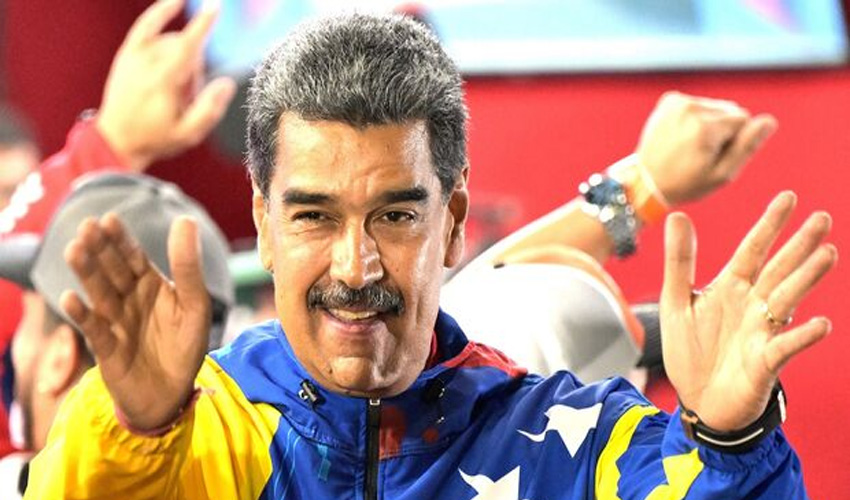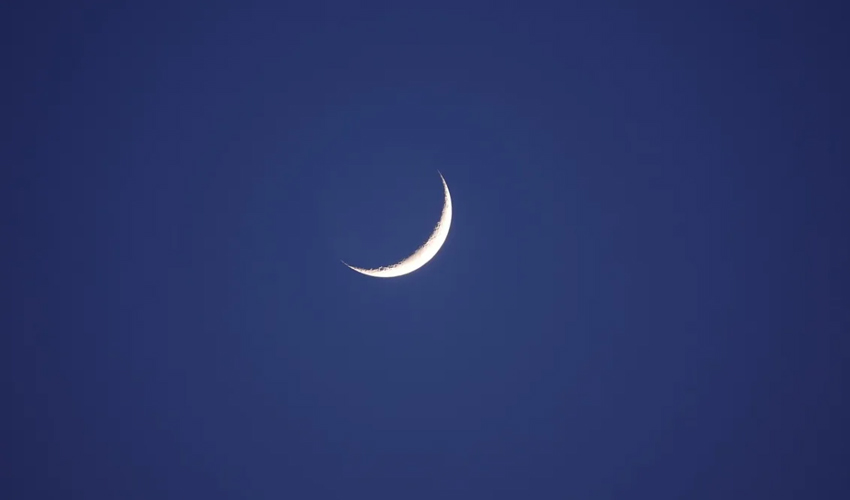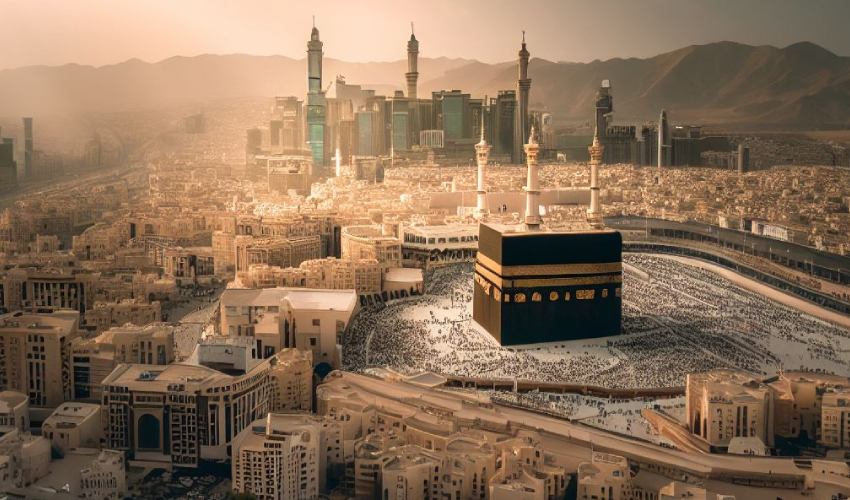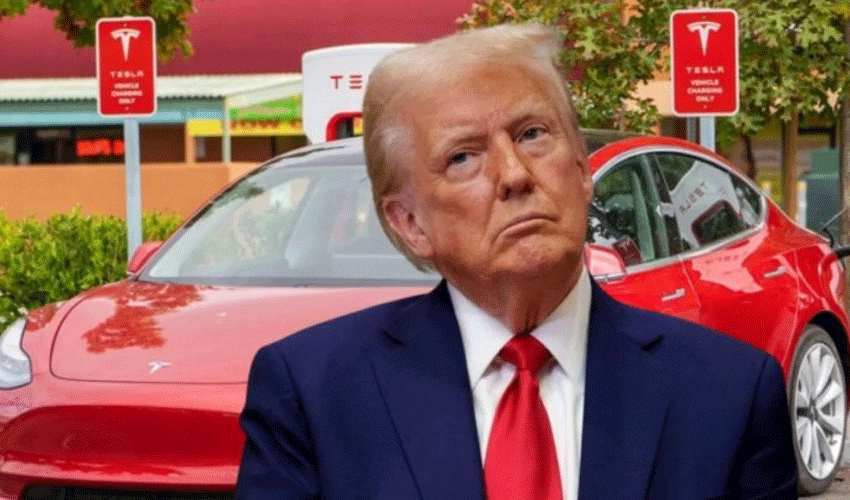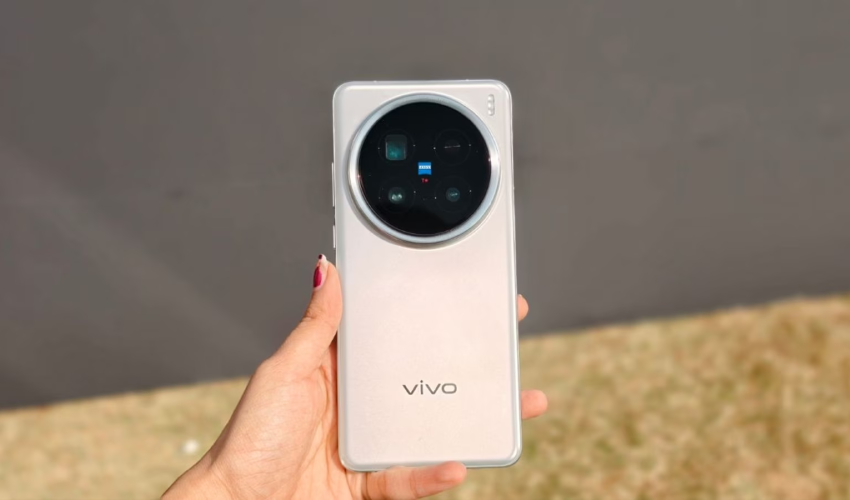Venezuelan President Nicolás Maduro has been declared the victor of the country’s presidential election held on Sunday, securing a third term amid widespread allegations of electoral fraud and international skepticism.
Elvis Amoroso, president of Venezuela’s National Electoral Council (CNE), announced that Maduro won with 51.2 percent of the vote. His main opponent, Edmundo Gonzalez Urrutia, received 44.2 percent, according to the CNE.
The authority, known for its ties to Maduro, did not release detailed results from the 30,000 polling stations across the nation.
Opposition figures, however, have cast doubt on these results. They claimed that their own data, collected from polling stations, showed Gonzalez leading by a substantial margin. Maria Corina Machado, the prominent opposition leader excluded from the race, asserted that Gonzalez had won 70 percent of the vote. She urged voters to stay vigilant, citing fears of potential fraud during the vote-counting process.
In a statement following the announcement, Maduro hailed his victory as a triumph for peace and stability, defending the electoral process as transparent. “Our victory is a testament to the trust the Venezuelan people have placed in us,” Maduro said.
Maduro, who has been in power since 2013 following the death of his mentor, Hugo Chávez, has faced accusations of human rights violations and failing to address Venezuela’s prolonged economic crisis. The crisis has driven over seven million Venezuelans to emigrate in recent years.
The opposition had campaigned on promises to resolve the economic hardships plaguing the country. Gonzalez, who replaced Machado on the opposition ticket after her disqualification, joined the chorus of criticism against the election’s integrity. He vowed to continue the fight for democratic respect but stopped short of calling for violent protests.
The election was part of an agreement between the government and opposition last year, which led to a temporary easing of U.S. sanctions. However, the sanctions were later reinstated after Maduro failed to meet agreed conditions. U.S. Secretary of State Antony Blinken expressed concerns about the fairness and transparency of the vote, echoing doubts voiced by the European Union and other international observers.
Analysts have expressed skepticism regarding the official results. Phil Gunson of the International Crisis Group suggested that the government’s tallies do not match the votes cast, aligning instead with the opposition’s claims based on opinion polls. Francisco Rodriguez, an expert from Denver University, emphasized the need for the opposition to document and publicly disclose any evidence of fraud.
International reactions were mixed. While leaders from Costa Rica, Peru, Chile, and Uruguay criticized the election results as flawed, Maduro received support from allies in Bolivia, Honduras, and Cuba. Cuban President Miguel Díaz-Canel praised Maduro’s victory, and China’s foreign ministry congratulated him on his re-election.





